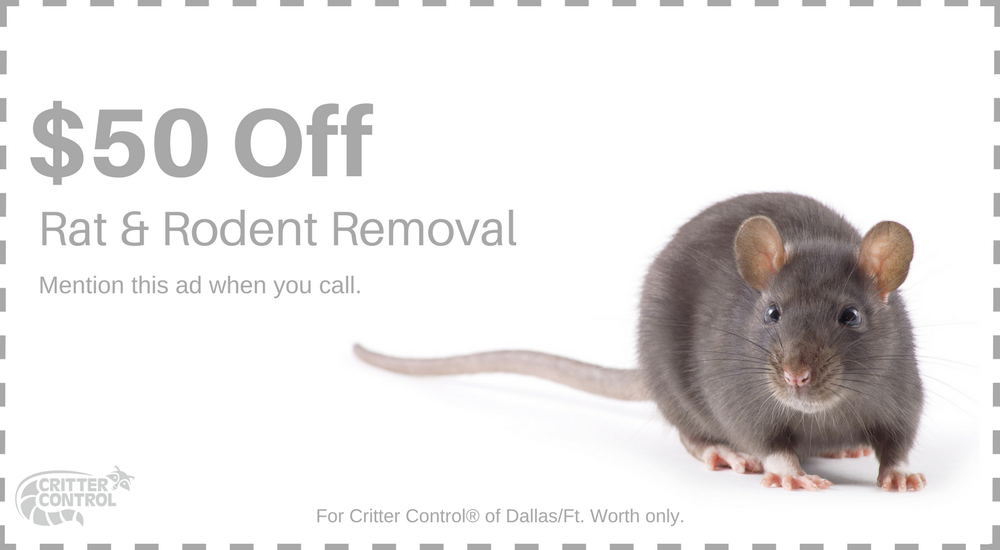So, you’ve found rat droppings in your attic. What do you do now? The first thing to 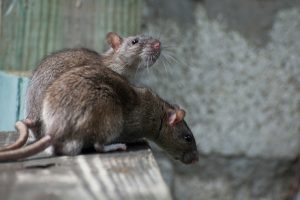 remember is not to panic. We know it can be easy to freak out when you know there might be rodents running around your home. However, keeping calm will put you in the right mindset to take care of the pests in a safe and logical way.
remember is not to panic. We know it can be easy to freak out when you know there might be rodents running around your home. However, keeping calm will put you in the right mindset to take care of the pests in a safe and logical way.
Remember, if you see droppings, this doesn’t necessarily mean you currently have rats. It’s possible they’ve moved on to another location or just use your home as a winter timeshare to stay warm. To get a better idea of what you’re working with, you’ll want to do an inspection. Fortunately, Critter Control® of Fort Worth offers free professional home inspections, after which we can tell you if your home is currently being invaded and create an effective action plan.
Health Risks
Regardless of the presence of animals, their droppings are known to host bacterial and viral diseases like Hantavirus Pulmonary Syndrome, so we always urge you to use a professional for removal and cleanup. Any insulation that has been in contact with droppings or urine will need to be removed in order to ensure home safety.
In addition to taking care of removal and cleanup, you’ll likely need to seal any access points the rats may have used. As unlikely as it may seem to many homeowners, any openings bigger than half of an inch leaves you susceptible to another intrusion. So, be sure not to overlook small details simply because they seem unlikely to pose a potential problem.
Partnering with a Professional
At Critter Control® of Ft Worth, our technicians are skillfully trained in dealing with rat droppings in your attic as well as any removal needed. Call us today at 469-805-6267 to set up your free consultation and get started restoring your attic to its pre-pest condition.




 quickly. Due to their strong rodent incisors tearing up insulation, wiring, and beams you might find they have already created costly and potentially dangerous damage. While not imminent, shortages in wiring can cause power outages, sparks, and fires that start inside your walls and electrical units, and rats left to die of natural causes can release a terrible odor into your home.
quickly. Due to their strong rodent incisors tearing up insulation, wiring, and beams you might find they have already created costly and potentially dangerous damage. While not imminent, shortages in wiring can cause power outages, sparks, and fires that start inside your walls and electrical units, and rats left to die of natural causes can release a terrible odor into your home.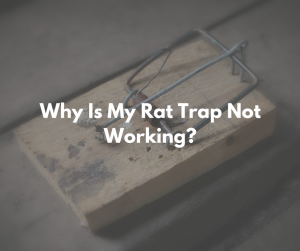 sneaking in with ease. When rat infestation occurs, there are many problems associated with their presence in your home, from damages to your property, to the spreading of certain illnesses. A great way to combat rats in your home is through the use of traps. However, there are many ways that traps can fail you when used incorrectly, so keep an eye out for these potential problems when using them.
sneaking in with ease. When rat infestation occurs, there are many problems associated with their presence in your home, from damages to your property, to the spreading of certain illnesses. A great way to combat rats in your home is through the use of traps. However, there are many ways that traps can fail you when used incorrectly, so keep an eye out for these potential problems when using them.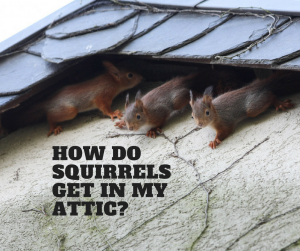 on your view. We’re all used to squirrels running around in our yard or climbing on the roof, but if they’re lucky enough to enter your attic, it can become a nightmare.
on your view. We’re all used to squirrels running around in our yard or climbing on the roof, but if they’re lucky enough to enter your attic, it can become a nightmare.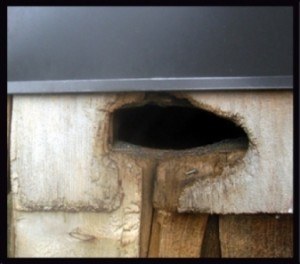
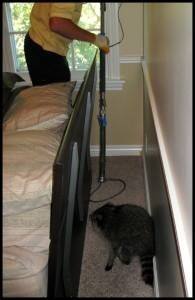 members can attest.
members can attest.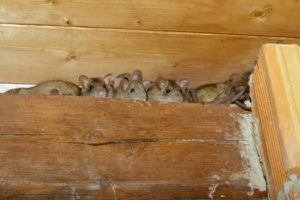 Any rats trapped inside your walls can wreak havoc and cause costly damage to your home if not removed quickly. Luckily, Critter Control® of Fort Worth has you covered with over three decades of experience in animal removal.
Any rats trapped inside your walls can wreak havoc and cause costly damage to your home if not removed quickly. Luckily, Critter Control® of Fort Worth has you covered with over three decades of experience in animal removal.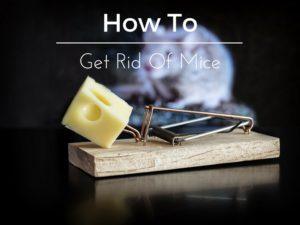 Worth area, due in large part to the huge variation in weather throughout the year. The temperature and weather fluctuations send mice seeking shelter into homes and businesses all over the city. An infestation of mice can take a serious toll on your home and pose a very real health risk to your family. The following techniques will help you address your mouse problem, and keep them away for good.
Worth area, due in large part to the huge variation in weather throughout the year. The temperature and weather fluctuations send mice seeking shelter into homes and businesses all over the city. An infestation of mice can take a serious toll on your home and pose a very real health risk to your family. The following techniques will help you address your mouse problem, and keep them away for good.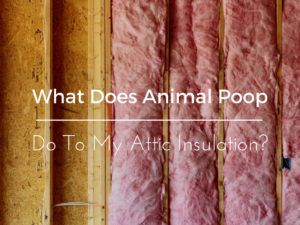 downright dangerous for both your family and your home. One of the major risk factors is the waste that these critters leave behind. When an animal finds its way into your attic, building a nest is its priority. Rodents like mice or rats will chew through wiring, wood, and attic insulation to build their nests – but that’s only half of the problem when dealing with an infestation.
downright dangerous for both your family and your home. One of the major risk factors is the waste that these critters leave behind. When an animal finds its way into your attic, building a nest is its priority. Rodents like mice or rats will chew through wiring, wood, and attic insulation to build their nests – but that’s only half of the problem when dealing with an infestation.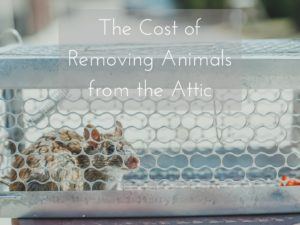 animal infestation, and one of the most common questions we receive is, “how much is this going to cost?” Unfortunately, no two infestations are ever the same, so in order to accurately assess the cost, a thorough consultation needs to be conducted. We treat each situation individually, and some of the factors that may influence the pricing of removing animals from your
animal infestation, and one of the most common questions we receive is, “how much is this going to cost?” Unfortunately, no two infestations are ever the same, so in order to accurately assess the cost, a thorough consultation needs to be conducted. We treat each situation individually, and some of the factors that may influence the pricing of removing animals from your 